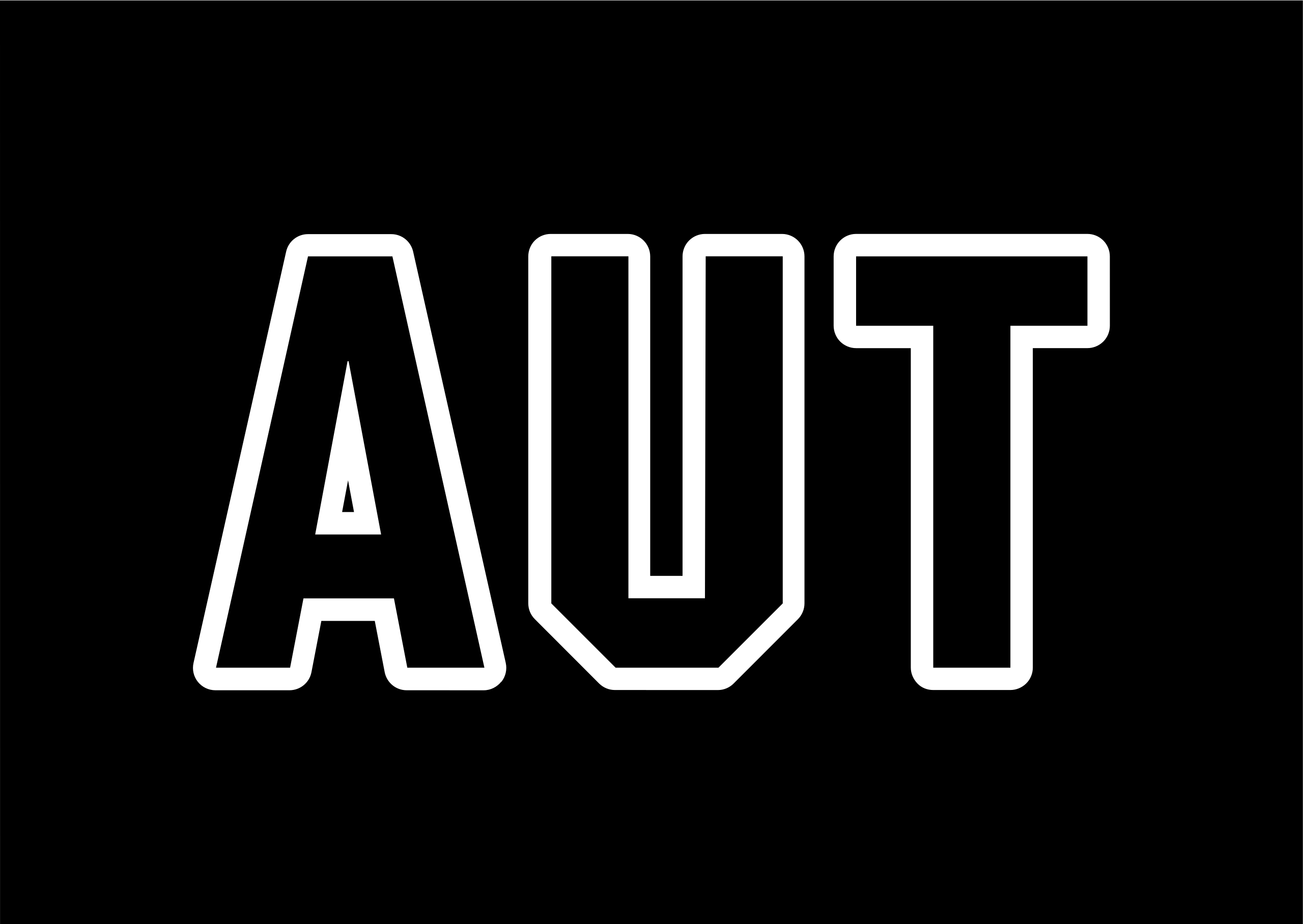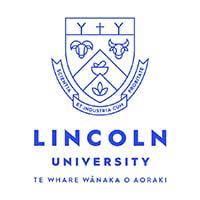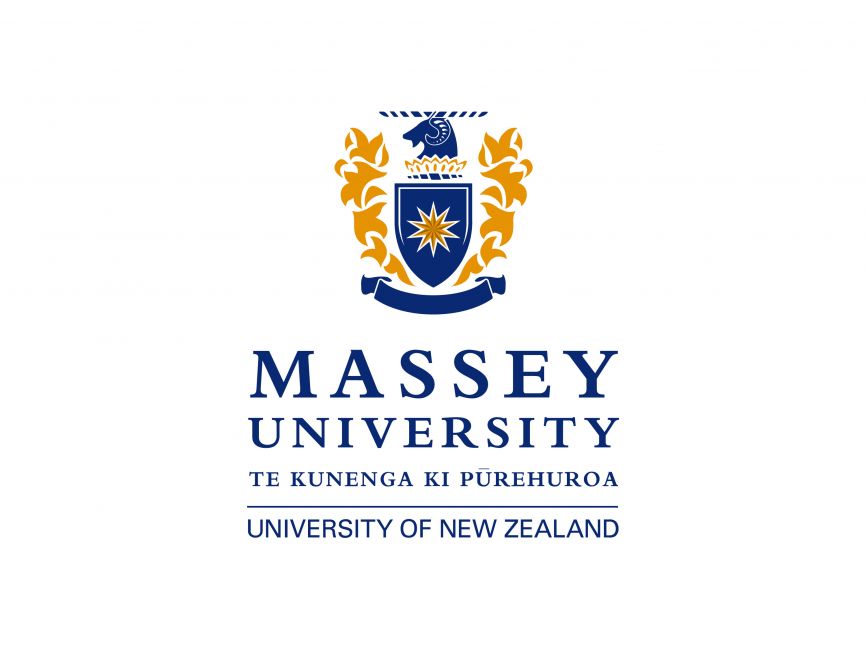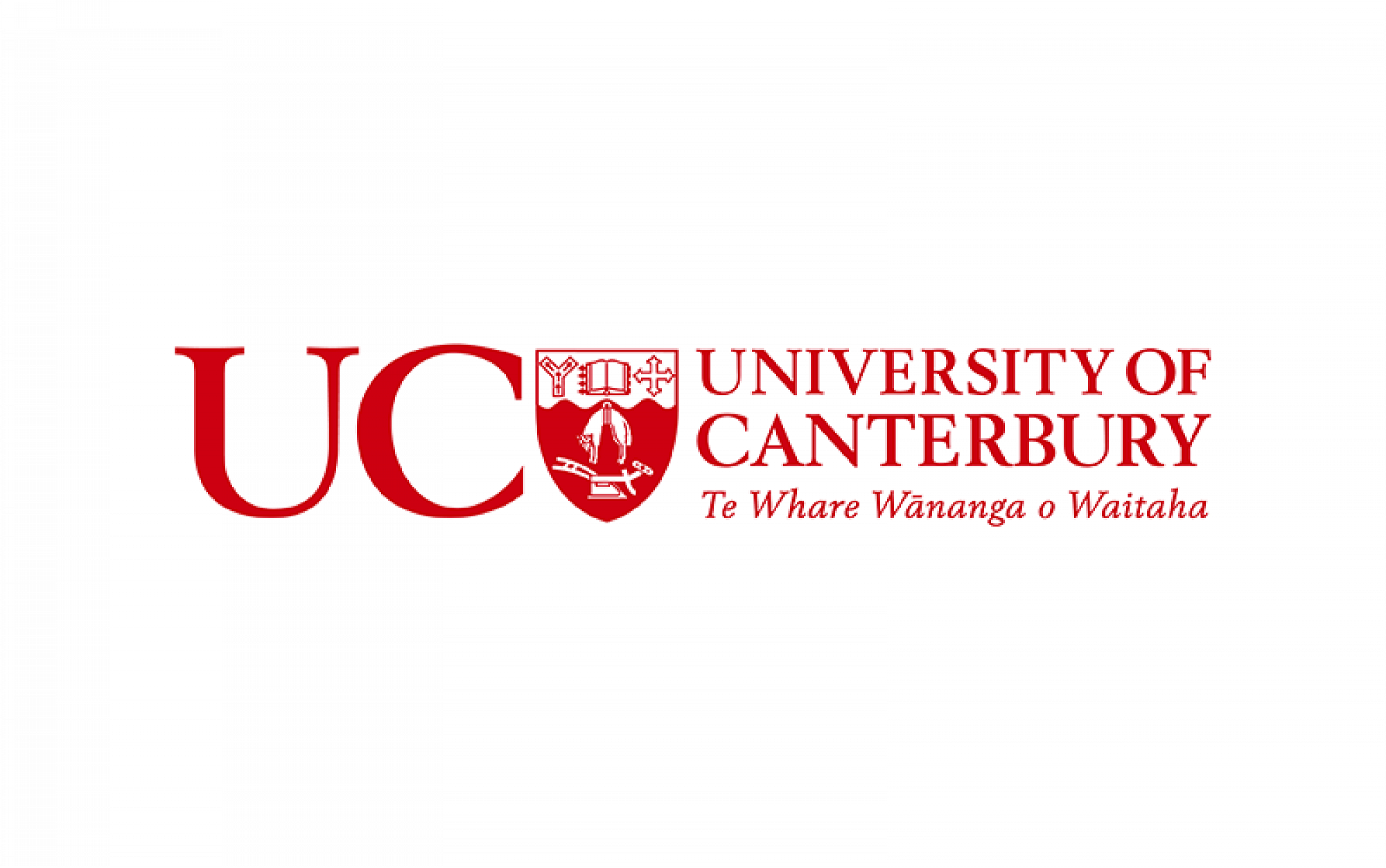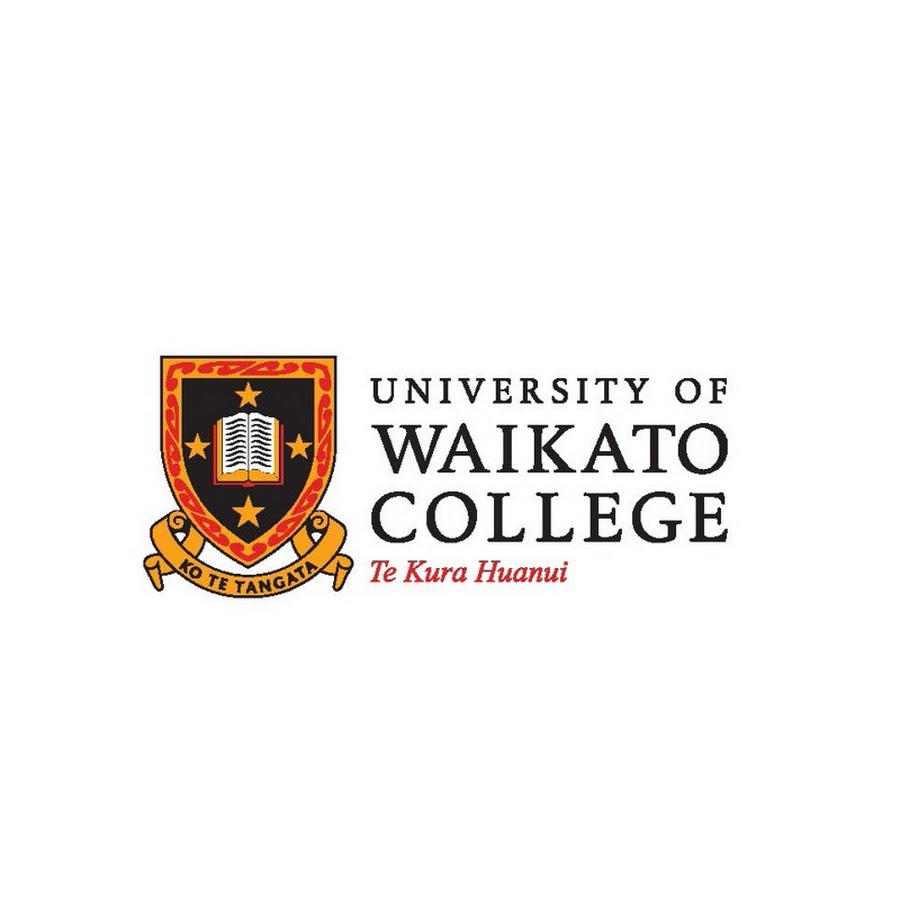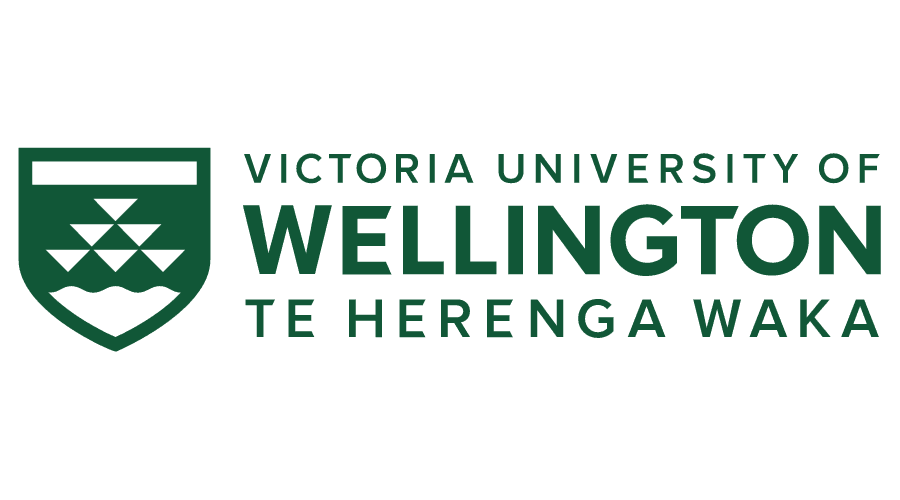Unlocking Doors to Excellence: The RHT Bates Postgraduate Scholarship for Indian PhD Aspirants
As an Indian student eyeing a PhD abroad, New Zealand stands out as a beacon of innovation, safety, and academic rigor. With its stunning landscapes, world-class universities, and a welcoming environment for international scholars, it's no wonder why over 2,000 Indian students choose New Zealand each year for higher studies. If you're passionate about physical sciences or engineering, the RHT Bates Postgraduate Scholarship could be your ticket to groundbreaking research without the financial strain. Valued at NZD 6,000, this prestigious award supports PhD candidates at New Zealand universities, making it an ideal opportunity for the 2026 intake. Let's dive into everything you need to know to position yourself as a top contender.
What is the RHT Bates Postgraduate Scholarship?
Established in honor of Professor Richard H.T. Bates, a pioneering electrical engineer whose work revolutionized image processing and engineering research in New Zealand, this scholarship commemorates his legacy of ingenuity and interdisciplinary collaboration. Professor Bates, who joined the University of Canterbury in 1967, was renowned for his contributions to electrical engineering and became one of the Southern Hemisphere's most acclaimed scientists.
The scholarship provides a one-year study award of NZD 6,000, tenable at any New Zealand university. It's specifically designed for PhD students in physical sciences—including physics, chemistry, mathematical sciences, and information sciences—or engineering. There's a special preference for projects that apply information or image processing techniques to fields like medicine, astronomy, physical sciences, or engineering. This focus aligns perfectly with India's growing emphasis on STEM innovation, offering Indian applicants a chance to contribute to global advancements while advancing their careers.
For the 2026 intake, applications will open early in the year, giving you ample time to prepare. This funding can cover tuition fees, research expenses, or living costs, easing the transition to Kiwi life.
Eligibility Criteria: Tailored for Ambitious Indian Scholars
The RHT Bates Scholarship is open to both domestic and international students, explicitly stating it "does not limit the award to New Zealanders." This inclusivity makes it particularly accessible for Indian PhD hopefuls. However, meeting the criteria requires a strong academic foundation and commitment to doctoral research. Here's a breakdown:
- Academic Background: Your undergraduate degree must have a significant component in physical sciences or engineering. For Indian applicants, this typically means a B.Tech, B.Sc., or integrated M.Sc. in relevant fields from recognized institutions like IITs, NITs, or state universities.
- Current Study Level: At the time of application, you must be enrolled in postgraduate studies—such as an Honours, Master's, or early PhD program. Final-year undergraduates are ineligible, so aim to apply during or after your Master's.
- PhD Enrollment Requirement: To receive the award, you must enroll full-time in a PhD program at a New Zealand university and dedicate the majority of your time to it. International students can transfer from a Master's abroad if needed, but direct PhD applications are encouraged.
- Field of Study: PhD research must focus on physical sciences or engineering. Bonus points for interdisciplinary work involving data processing—think AI-driven medical imaging or astrophysical simulations, areas where Indian talent shines.
- Visa and Residency: As an international applicant, you'll need a valid student visa. New Zealand's streamlined visa process for Indians, including the Post-Study Work Visa, adds long-term appeal.
Indian students often excel here due to our rigorous STEM curricula. If your GPA is above 7.5/10 (or equivalent) and you have research experience from projects or internships, you're well-positioned. No age limit or work experience is required, making it flexible for fresh Master's graduates.
Why Choose New Zealand for Your PhD? Benefits for Indian Students
New Zealand isn't just about academics—it's a holistic launchpad for your global career. With universities like the University of Auckland, University of Otago, and Victoria University of Wellington ranking in the global top 300 for engineering and sciences, you'll access cutting-edge labs and collaborative networks.
For the 2026 intake, starting in February or July, this scholarship aligns with NZ's academic calendar. Here's why it's a game-changer for Indians:
| Benefit | How It Helps Indian Students |
|---|---|
| Financial Relief | NZD 6,000 offsets high PhD fees (NZD 7,000–10,000/year for internationals) and living costs (NZD 15,000–20,000/year in cities like Auckland). Combine with part-time work (up to 20 hours/week). |
| Research Opportunities | Access to facilities like the Dodd-Walls Centre for Photonic and Quantum Technologies—ideal for Indian researchers in quantum engineering or astrophysics. |
| Career Prospects | Post-PhD, leverage the 3-year work visa to gain experience with NZ firms like Rocket Lab, boosting employability back in India or globally. |
| Cultural Fit | Supportive Indian diaspora (over 250,000 strong), vegetarian-friendly options, and festivals like Diwali celebrated on campus. |
Plus, NZ's emphasis on sustainability and innovation resonates with India's national priorities, allowing your research to have dual impact.
Step-by-Step Application Process for the 2026 Intake
Applying is straightforward—no complex portals, just direct submission to the Royal Society Te Apārangi. Start preparing by January 2026 to meet the typical deadline of 30 August 2026. Follow these steps:
- Research Universities and Supervisors: Identify NZ programs via university websites (e.g., Auckland's PhD in Engineering Science). Contact potential supervisors early—email with your CV and research proposal.
- Secure Admission: Apply for PhD admission (deadlines often Dec–Feb for Feb 2026 start). Use tools like Study with New Zealand for guidance.
- Download Forms: Get the RHT Bates application form and RSNZ Statistical Information form from the Royal Society website.
- Gather Documents: Compile your academic transcript, references, and proposal (details below).
- Submit Electronically: Email everything to awards@royalsociety.org.nz by 30 August 2026. Referees send letters separately.
- Await Decision: Notifications typically come within 2–3 months. If awarded, confirm PhD enrollment.
Pro tip for Indians: Factor in time zone differences (NZ is 5.5 hours ahead of IST) and use secure file-sharing for large transcripts.
Required Documents: Get Them Right
A complete application showcases your readiness. Here's what you'll need:
- Completed Application Form: Includes personal details, research summary (500–1,000 words), and how your work aligns with Bates' legacy.
- RSNZ Statistical Form: Basic demographics for reporting—quick to fill.
- Official Academic Transcript: From your Indian university, stamped and sealed. If in Hindi/regional language, get an English translation.
- Two Reference Letters:
- One from your PhD supervisor at the NZ university.
- One from another academic or professional (e.g., your Indian professor or internship mentor).
- Research Proposal (Optional but Recommended): Outline your PhD project, methodology, and relevance to physical sciences/engineering.
Ensure all documents are in English and PDF format for easy submission.
Tips for a Winning Application as an Indian International Student
Competition is fierce, but Indian applicants bring unique strengths like resilience and technical prowess. To stand out:
- Highlight Interdisciplinary Angles: Link your proposal to image processing—e.g., using AI for satellite data analysis, tying into ISRO's work.
- Build a Strong Narrative: In your summary, weave in how studying in NZ will amplify your contributions to India's tech ecosystem.
- Seek Feedback: Share drafts with mentors in India or NZ alumni networks via LinkedIn groups like "Indians in New Zealand."
- Prepare Financially: While the scholarship helps, budget for the full intake—use Education New Zealand's cost calculators.
- Visa Prep: Start your student visa application post-offer; Indians qualify for fee waivers under certain streams.
Remember, selection favors innovation and feasibility. Review past recipients on the Royal Society site for inspiration.
Timeline for the 2026 Intake: Stay Ahead
Mark these dates to keep pace:
- November 2025 – March 2026: Research programs and contact supervisors.
- April – June 2026: Finalize PhD applications and gather documents.
- July – August 2026: Submit scholarship application by 30 August.
- October – December 2026: Receive award notification; apply for visa.
- February or July 2027: Commence PhD (depending on semester).
Early action ensures you're ready for NZ's vibrant academic scene.
Your Path to PhD Success in New Zealand Starts Here
The RHT Bates Postgraduate Scholarship isn't just funding—it's an endorsement of your potential to drive change in physical sciences and engineering. For Indian students like you, dreaming of abroad studies, it's a bridge to unparalleled opportunities in a country that values diversity and discovery. With the 2026 intake approaching, now's the time to craft your application and step into a future of innovation. Visit the Royal Society Te Apārangi website for forms, and take that first step toward your doctoral destiny. Your groundbreaking research awaits—kiwi-style.


